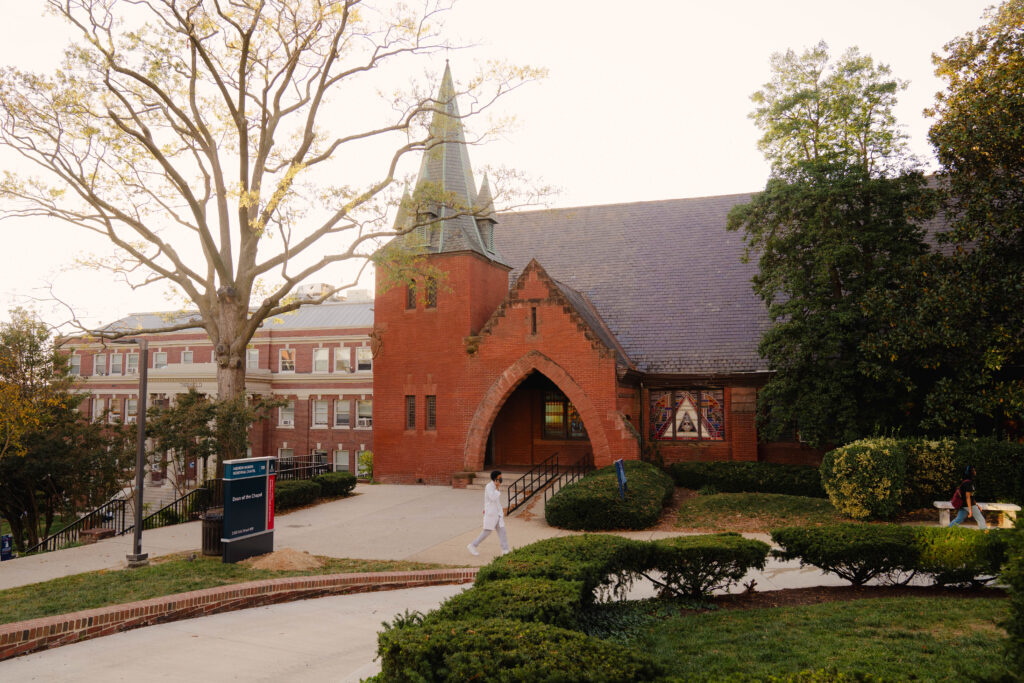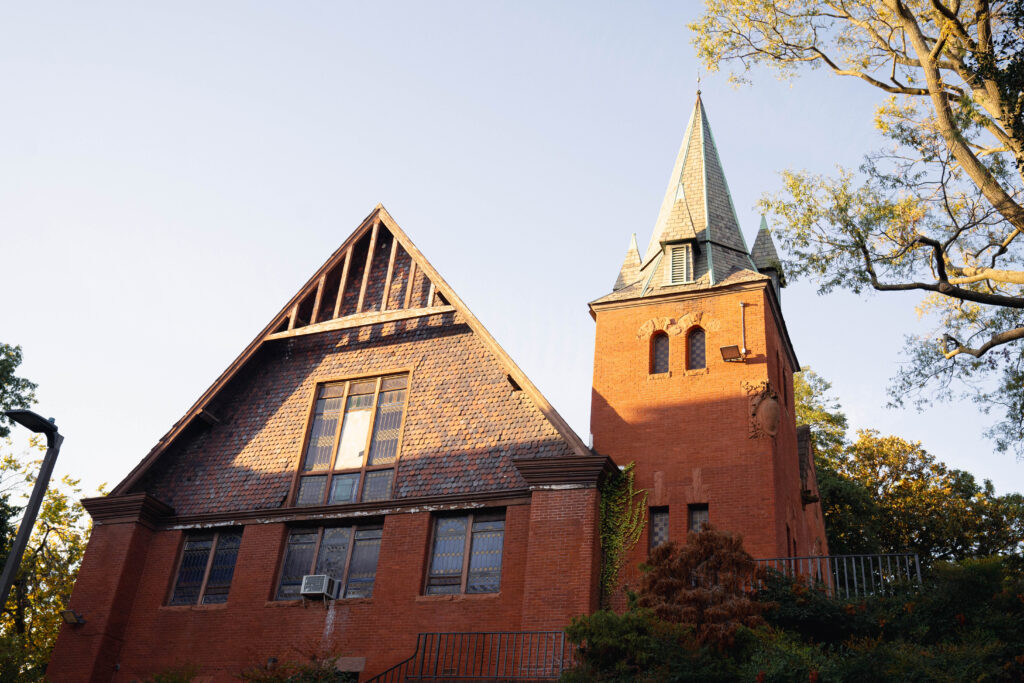
Reflecting on the 2024 presidential election, Black pastors highlight the significant role religious spaces played in rallying support and mobilizing voters, especially within the Black community.
Vice President Kamala Harris visited various religious institutions nationwide in the lead-up to the Nov. 5 election, including New Birth Missionary Baptist Church, Church of Christian Compassion, Greater Emmanuel Institutional Church of God and Christ and more as part of her efforts to engage religious voters.
Rev. Dennis C. Langdon, pastor of the Olympia Fields and Trinity United Methodist Churches in Olympia, Illinois, said, “The church [is] a political arm of the Black community. [It] was the community gathering space, and I think there are still vestiges of that.”
The “Souls to the Polls” initiative, a part of Harris’ campaign strategy, draws on the long-standing tradition of Black churches encouraging congregants to vote, often directly after services.
By partnering with Black churches and faith leaders in battleground states and organizing Sunday events like church appearances featuring Harris, the campaign aimed to mobilize Black voters and boost turnout. According to Axios, 85 percent of Black individuals who attend church voted for Harris in the 2024 election.
“Although religion and politics are separated, we’re not going to deny that religion is one of the factors by which people vote,” said Valeriia Popova, a comparative politics professor at Howard.
Chavi Lassiter, a senior elementary education major from Clifton, New Jersey, said that her faith played a role in how she cast her ballot this fall.
“Her [Harris] run did show women’s empowerment, showing how God does things for a reason, and her having the opportunity to be elected as president displayed that God believes in all of us to keep going,” she said.
However, not all religious voters cast their ballots based on faith.
“My vote for the election was more of a conscious choice than a religious choice,” Zoei Brown, a senior TV and film major from Oakland, California, said.
She said that Harris fit her values politically and socially and others can say the same without being religious.
“God controls pretty much everything in my life, but [God] is not centered for everyone,” Brown said.

Beyond attracting voters already deep in their faith, Popova said that churches, especially Black churches, have long served as influential hubs for community mobilization. Clergy often encourage their congregations to vote, sometimes advocating for specific candidates.
Popova believes Harris’ outreach to the Black community was part of a broader Democratic effort to engage voters and counteract increasing support for former President Donald Trump, especially among Black men.
According to an NBC News 2024 national election exit poll, 21 percent of Black men voted for Trump, compared to the 12 percent that voted for him in 2020, as reported by Newsweek.
“Whatever the Democrats can do right now to try to lure those people back into the Democratic fold, by all means, let’s not overlook the role of religion itself in American politics,” Popova said.
Trump reached out to faith-based voters, particularly within the Black and Muslim communities. During a campaign stop in North Carolina, Trump emphasized his commitment to protecting religious freedoms, suggesting that Harris was a threat to those liberties.
He also accused Harris of being “very destructive to religion,” a message that resonated with conservative religious voters, according to Firstpost, an Indian news website that focuses on global affairs.
The NBC News exit poll found that 71 percent of Christians and 61 percent of Catholics voted for Trump, while only an average of 30 percent of both groups voted for Harris.
Langdon, who has long been involved in the political process, said, “Faith-based voters across party lines are often driven by a shared motivation: a desire to see policies that align with their values.”
At Howard, politics has often intersected with the university’s Andrew Rankin Memorial Chapel. In December 1956, Rev. Dr. Martin Luther King Jr. gave a sermon at the church and Bishop Desmond Tutu followed in his footsteps 40 years later.
Rev. Bernard L. Richardson, Howard’s dean of the chapel and executive officer for Religious Affairs, pointed out that while some churches did not directly endorse candidates, they remained active in promoting voting as a means of social change.
Through voter registration drives and groups like the Coalition for Good Trouble, the chapel has been deeply involved in mobilizing young voters and encouraging political engagement.
“Politics is part of that—you vote out of compassion. What you believe really shapes how you treat others,” Richardson said.
Copy edited by Camiryn Stepteau









